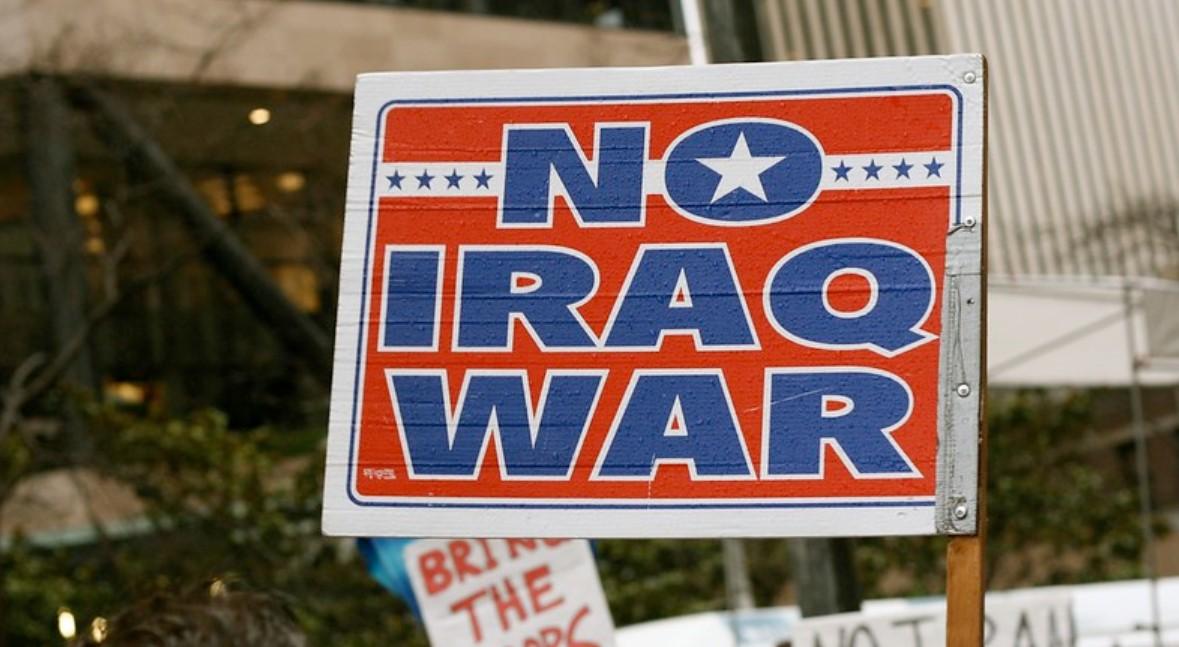The Factory System of the Early Nineteenth Century
[Written in 1925, this essay was published in Economica in 1926 and became more widely known when F.A. Hayek included it in Capitalism and the Historians (1954).] The early British factory system may be said to have been the most obvious
No, Dogecoin Does Not Compete with Bitcoin
Elon Musk’s dogecoin tweets have given the coin a nice run, sending its price from fractions of a penny—where it traded for roughly 8 years—to 40 cents on April 20th before falling back. It was enough to yank bitcoin skeptic
The US Recovery Is Weak, Especially Given the Size of the “Stimulus”
The United States: Hardly A Recovery There is an overly optimistic consensus view about the speed and strength of the United States’ recovery that is contradicted by facts. It is true that the United States recovery is stronger than the European or Japanese
Ross Benes on America’s Rural Rebellion
Politics degrades our lives in innumerable ways, from personal relationships to work to places of worship. Even sports and movies now seem to have become deeply politicized. The political class and political system in America appear intent on creating division
Understanding “Austrian” Economics
"Austrian" economics owes its name to the historical fact that it was founded and first elaborated by three Austrians: Carl Menger (1840–1921), Friedrich von Wieser (1851–1926), and Eugen von Böhm-Bawerk (1851–1914). The latter two built on Menger, though Böhm-Bawerk, in
Is Rawls Stupid? A Lesson in Close Reading
I’ve often argued against John Rawls’s theory of justice, and readers who see my title might be thinking to themselves, “Not another post on Rawls!” These readers can rest easy; this is not another post attacking Rawls. (It isn’t, of
“The Universe was created last Thursday”
Eerie, isn’t it? How humans have always wondered about reality as they know it but don’t really think about this reality not being their reality, infinite possibilities of different or even infinite realities, the fact that an outer reality might
The United States Has Declared Defeat in Two More Wars
President Biden announced last week that he planned to remove all combat troops from Afghanistan by September, which he says will mark the end of what is now a twenty-year war in the central Asian country. A week earlier, the US and
Are Monarchies Better for Economic Growth? Here’s What the Empirical Evidence Says.
Hans-Hermann Hoppe has argued that monarchies take a longer-term view of their national economies and therefore are more likely to pursue more stable and secure economies. That is, among monarchs, the desire to maximize wealth promotes more farsightedness than exists in
A Dozen Dangerous Presumptions of Crisis Policymaking
Congress and the president have adopted many critically important policies in great haste during brief periods of perceived national emergency. During the first “hundred days” of the Franklin D. Roosevelt administration in the spring of 1933, for example, the government










